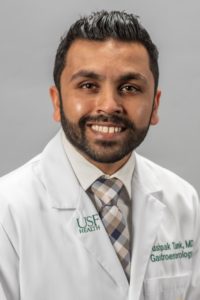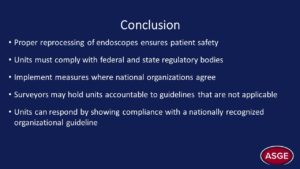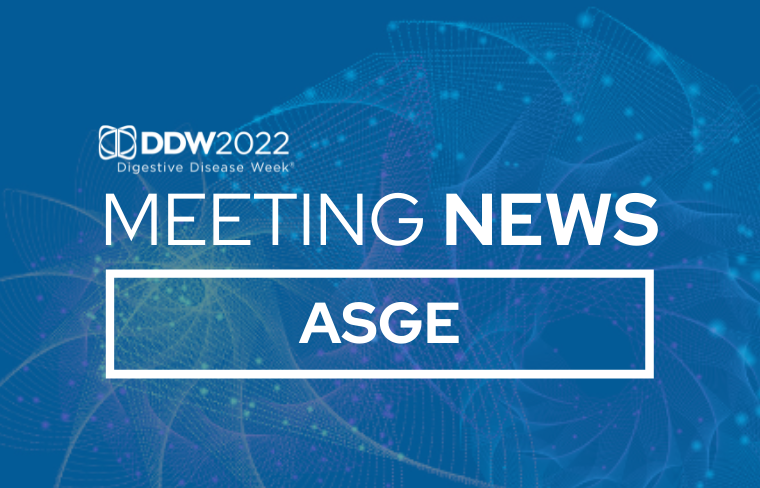
Infectious outbreaks linked to endoscopes have prompted various organizations to publish best practices for endoscope reprocessing to minimize infection risk. With several guidelines available, how can gastroenterologists help to establish protocols for their institutions?
“Gastroenterologists are not always involved in defining reprocessing policies,” said Pushpak Taunk, MD, assistant professor of gastroenterology at the University of South Florida. “But by being aware of their institution’s methods and reviewing the organizational guidelines, they have a real opportunity to be infection-control champions.”
Dr. Taunk discussed the similarities and differences of reprocessing guidelines during Digestive Disease Week® (DDW) 2022. A more thorough comparison can be found in their recent paper published in Gastrointestinal Endoscopy.
Fortunately, the majority of guidelines agree on the major steps for reprocessing, such as precleaning, leak testing, rinsing and drying. Most of the variation is in the details of how these steps are accomplished.
“There are a lot of accep
Dr. Taunk recommended that endoscopy units review the existing guidelines and adopt policies that make the most sense in each setting. Some points to consider include:
- Which resources are available. The resources available at an institution will obviously have a big effect on which policies endoscopy units can adopt. For example, some guidelines recommend automated disinfection of endoscopes, which is not available at all institutions. Other guidelines have recommendations for manual disinfection. Dr. Taunk noted that either method is appropriate and supported by evidence.
- Which guidelines local regulators use. Endoscopy units are regularly audited for compliance with reprocessing guidelines. The Centers for Medicare and Medicaid Services (CMS) does not endorse any specific guidelines. Instead, they contract with local surveyors that choose a set of guidelines to follow. Dr. Taunk recommended understanding which guidelines your local surveyor uses as a starting point for establishing your own policies.
- Being able to justify any deviations from the expectations of local surveyors. Surveyors may hold endoscopy units accountable to guidelines that are not applicable or feasible in their particular setting. If your unit’s processes deviate from what regulators expect, have the appropriate organizational guidelines available to support your practices.
Dr. Taunk’s oral presentation, “Putting it all together: making sense of the multiple reprocessing guidelines,” took place on Sunday, May 22, at 10:42 a.m. PDT.



